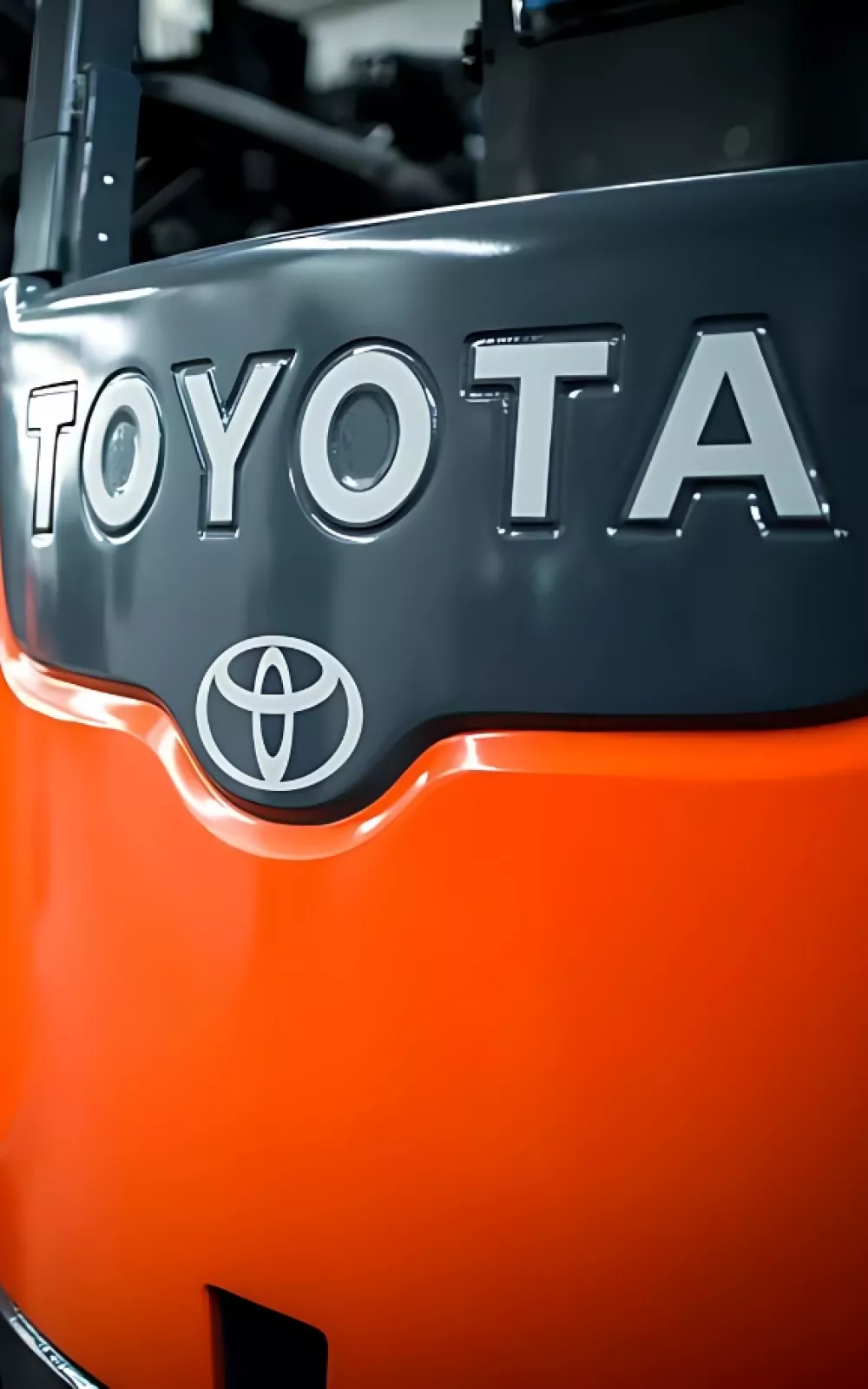Rent
ProLift offers daily, weekly, and monthly rentals. Find the right equipment for maximum productivity and safety.
Let us know how we can assist you! A ProLift specialist will connect with you to help with your material handling needs.
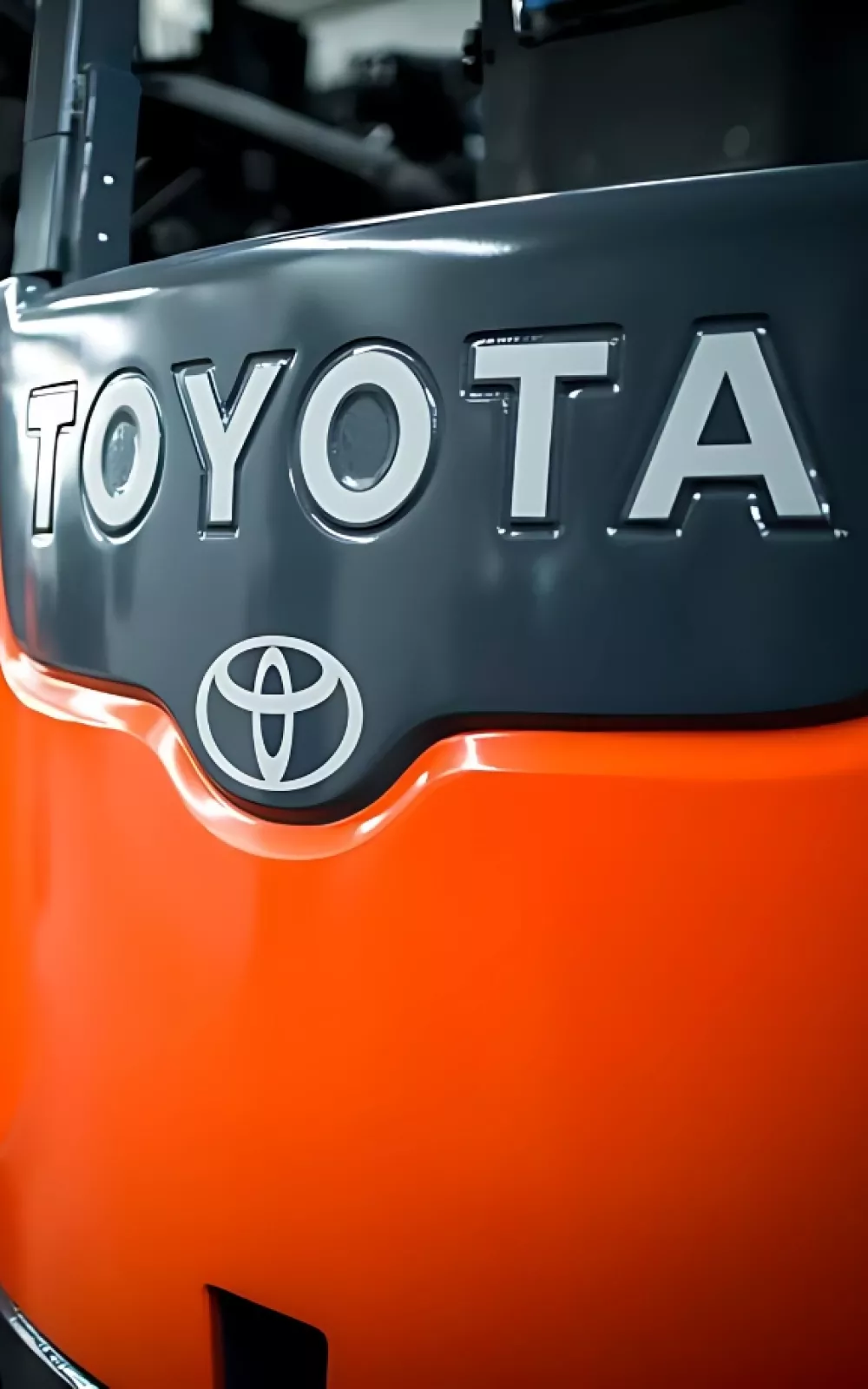
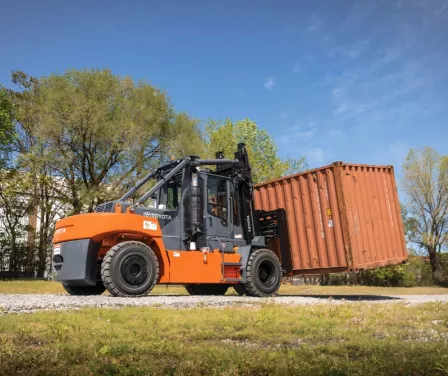
The steel industry plays a critical role in global infrastructure, manufacturing, and construction, producing essential materials for buildings, transportation, and machinery. Steel facilities manage large-scale operations, from raw material processing and smelting to rolling, cutting, and distributing finished products like beams, sheets, and coils. These operations demand precision, efficiency, and robust material handling solutions to manage the significant weight and size of steel products.
Key challenges in the steel industry include handling heavy and abrasive materials, ensuring worker safety in high-temperature and high-risk environments, and maintaining equipment in conditions that cause accelerated wear and tear. Companies must also optimize productivity while managing energy-intensive processes and fluctuating raw material costs. Advanced solutions, such as high-capacity forklifts, automated systems, and real-time inventory tracking, are essential for enhancing efficiency, safety, and cost control in this demanding and competitive industry.
Examine equipment solutions for your industry and determine the best match, along with related products and services. ProLift's team of specialists are available to share the information you need to make a decision.
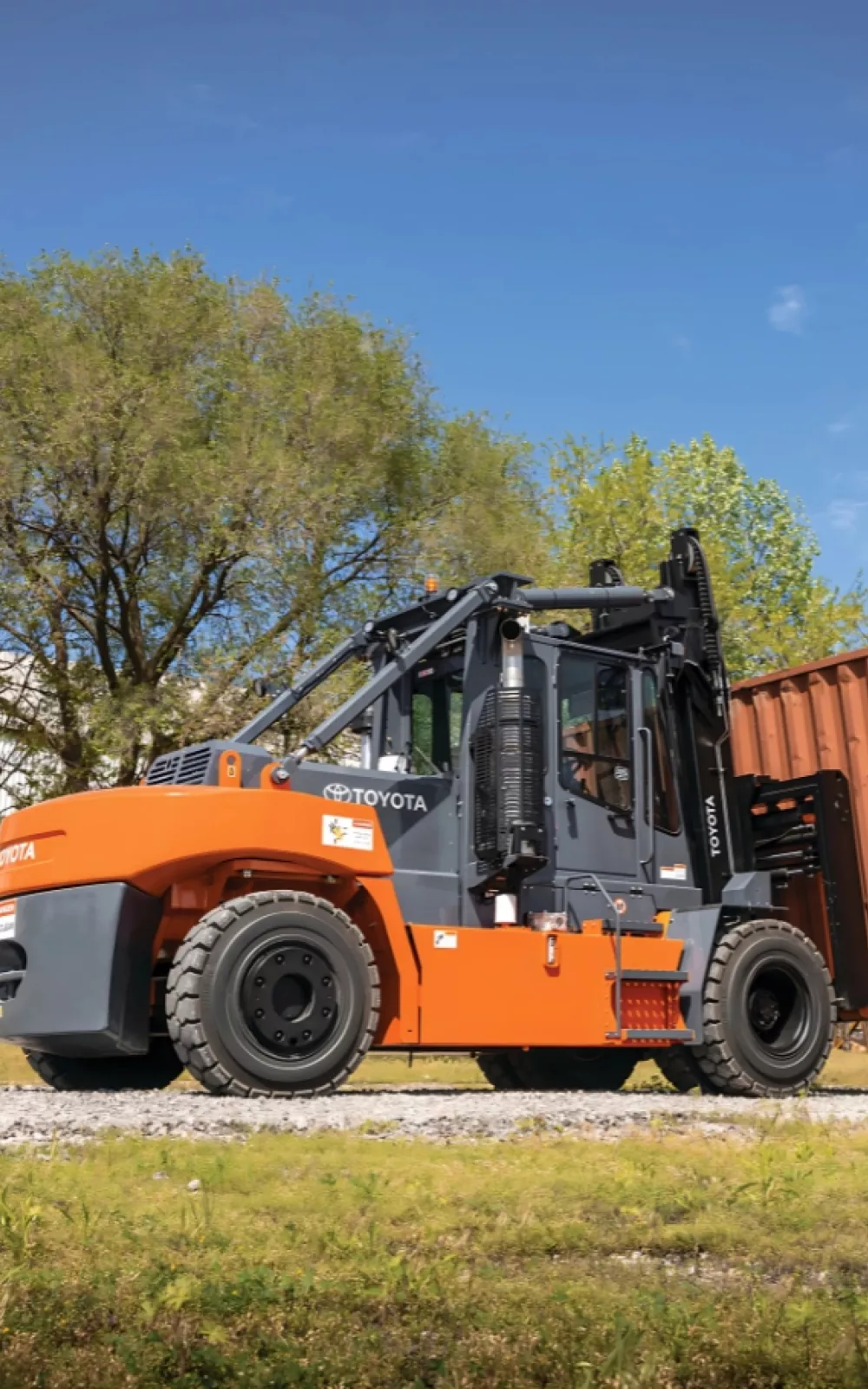

Addressing the industry's challenges, ProLift provides equipment solutions designed to support and advance your short- and long-term business objectives.
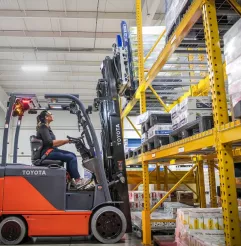
Start your search for available equipment and product lines with ProLift’s equipment finder. It helps you quickly identify the best solutions that match your criteria.
From equipment and maintenance to replacement parts and safety training, ProLift offers you 360 support. We can also assist you with pallet racking and additional warehouse solutions. Let us know how we can help!
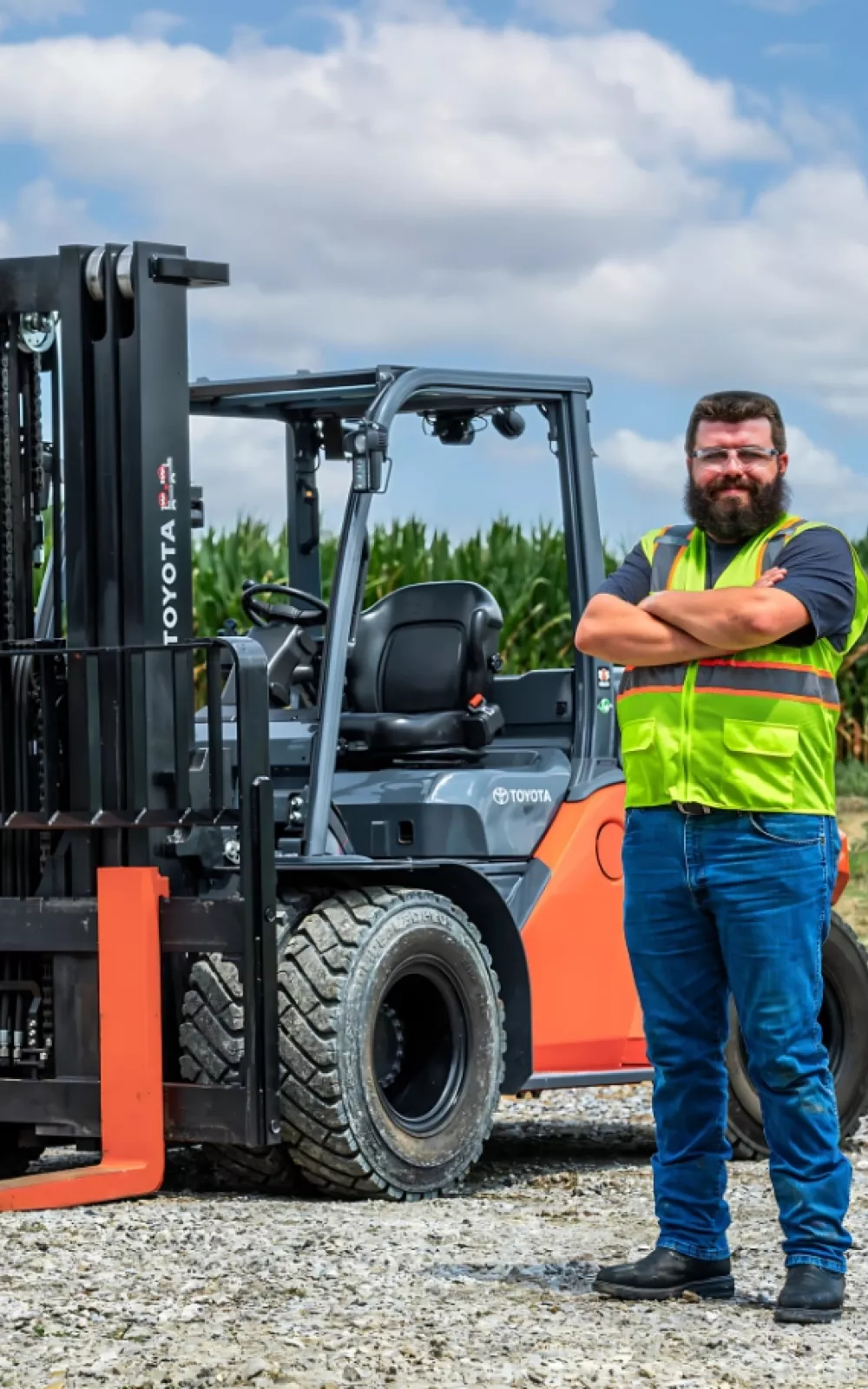
Let us know how we can assist you! A ProLift specialist will connect with you to help with your material handling needs.
